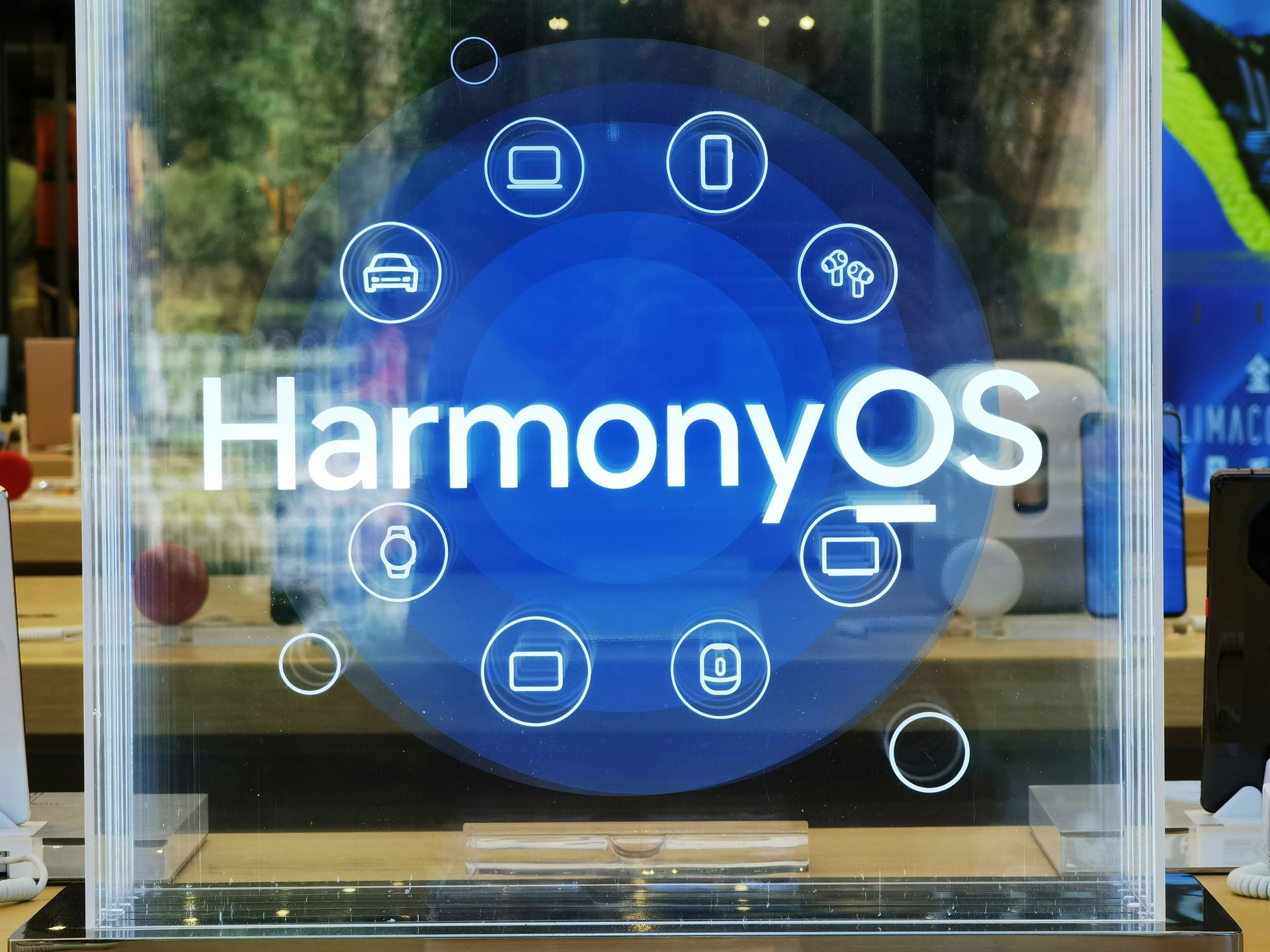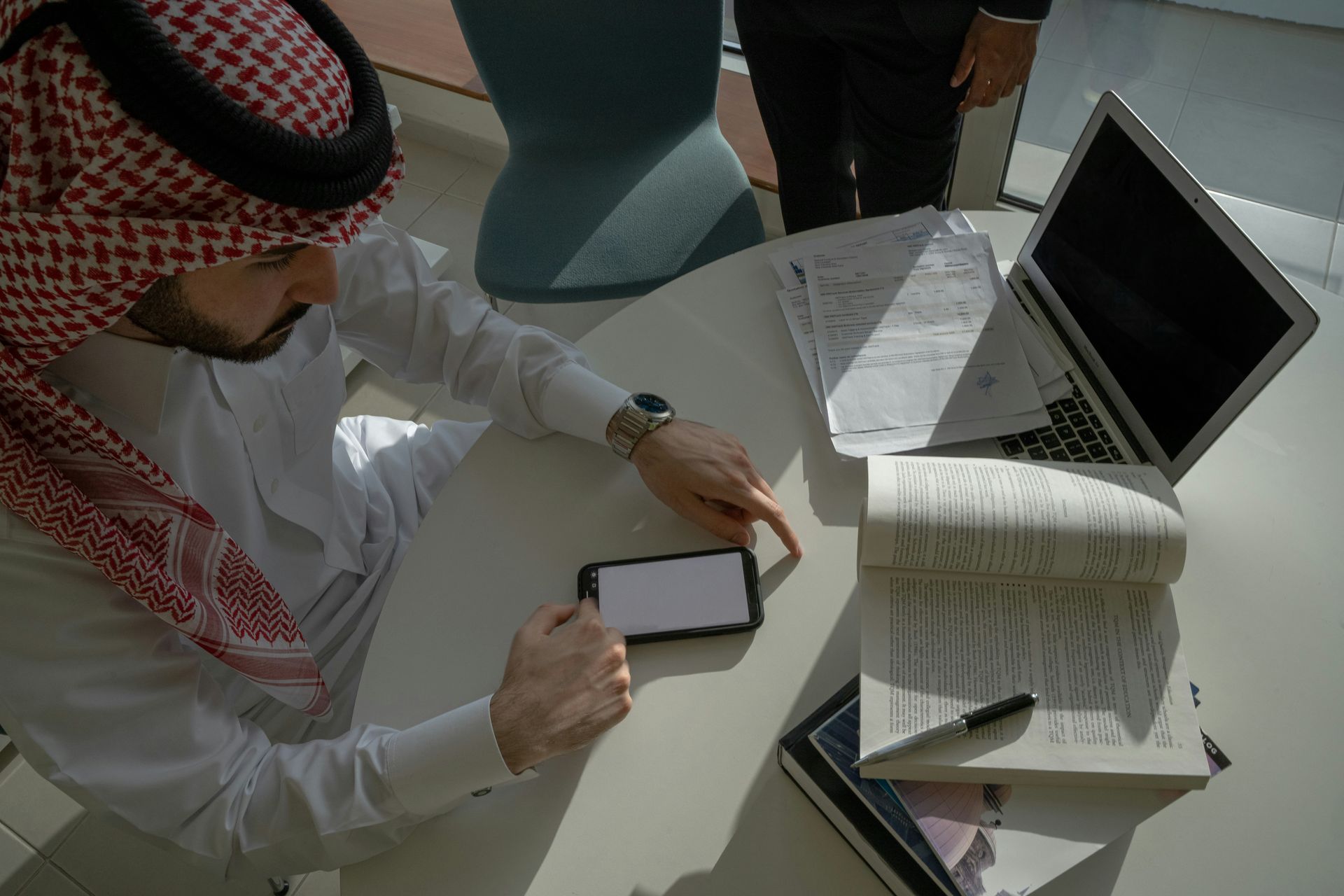The United Arab Emirates (UAE) has found itself at the center of global tech competition, particularly as it balances relations with both the US and China.
Despite pressure from Washington to limit cooperation with Chinese firms, especially Huawei, which helped install the UAE’s 5G infrastructure in 2019, the UAE is pursuing a strategic “tech hedging” strategy to diversify its options in artificial intelligence (AI) and other emerging technologies.
Huawei and the 5G controversy
Since 2019, Huawei has been a key player in building the UAE’s 5G network, cementing the tech giant’s presence in the Middle East. However, this relationship has drawn scrutiny from the United States, which has raised concerns about potential national security risks posed by Chinese telecom infrastructure.
The tensions escalated when the US alleged that China was constructing an intelligence facility at Abu Dhabi’s Port Khalifa, operated by Cosco Shipping Ports, a Chinese firm. The UAE, after investigating these claims, rejected them as unfounded.
These geopolitical frictions contributed to the UAE’s decision to withdraw from a US$23 billion arms deal, which would have included the purchase of advanced F-35 stealth jets and MQ-9 Reaper drones from the US.
This move signaled a broader intention by the UAE to assert its independence in technology and defense policies, rather than fully aligning with either superpower.

Building AI data centers across Asia
While navigating its relationship with China and the US, the UAE is positioning itself as a future tech powerhouse. In a strategic move to expand its influence in AI, Abu Dhabi-based tech conglomerate G42 announced plans to establish AI data centers in Asia.
These centers, which will be built in countries like India, Indonesia, Malaysia, and the Philippines, are set to play a pivotal role in the UAE’s ambition to lead the Global South in technological advancements.
On September 18, G42 committed to building AI data centers in India, with a planned power generation capacity of up to 2GW—doubling the country’s current capacity. These data centers will house powerful supercomputers, further advancing AI infrastructure in the region.
The role of global partnerships
To support its growing AI ambitions, the UAE is forming key international partnerships. G42’s involvement in the Global AI Infrastructure Investment Partnership, a consortium that includes major US corporations like Microsoft, BlackRock, and Global Infrastructure Partners, exemplifies this strategy.
The consortium aims to invest up to US$100 billion in AI data centers and energy infrastructure, leveraging Nvidia’s expertise in AI chip design. In the short term, the partnership is expected to raise US$30 billion in private equity, accelerating AI developments across the Middle East, Africa, and Central Asia.
Despite this growing collaboration with US firms, the UAE has maintained a careful distance from fully joining the US-led chips and AI coalition, which includes nations like Japan and South Korea. Analysts suggest that the UAE’s leadership is not keen on being locked into any one geopolitical camp.
UAE’s tech hedging
According to political analyst Ahmed Aboudouh, the UAE’s AI strategy can be seen as a “tech hedging” approach. This means the UAE is actively diversifying its technology partnerships to avoid overreliance on either the US or China. Aboudouh describes the UAE’s goal as becoming the “Taiwan of the Global South“—a tech hub known for innovation and independence.
The UAE is charting its own path, developing industrial and technological sectors while ensuring its long-term strategic interests are protected.
While the recent partnership with the US represents a significant step in AI cooperation, the UAE is unlikely to completely sever its ties with China, particularly in areas of neutral interest like renewable energy and biotech.

US and China’s role in the Middle East
The evolving tech landscape in the Middle East reflects the broader global competition between the US and China. As Robert Mogielnicki, a senior scholar at the Arab Gulf States Institute, notes, both countries are vying for influence in the region, offering different types of partnerships. While the US contributes technological expertise and robust regulatory frameworks, China brings its own economic and infrastructure investments to the table.
In this complex web of alliances, the UAE’s “tech hedging” strategy appears to be a calculated effort to maximize its opportunities without being overly dependent on one global power. This allows Abu Dhabi to continue developing cutting-edge AI technologies and infrastructure while navigating the geopolitical pressures of the US-China rivalry.
As the UAE forges ahead with its ambitious AI agenda, it is skillfully managing its relationships with both the US and China. By strategically partnering with US firms while maintaining selective cooperation with Chinese companies, the UAE is positioning itself as a global tech leader. With plans to establish AI data centers across Asia and strengthen its AI infrastructure, the UAE’s vision of becoming the “Taiwan of the Global South” is steadily coming into focus.
Featured image credit: Emre Çıtak/Ideogram AI




